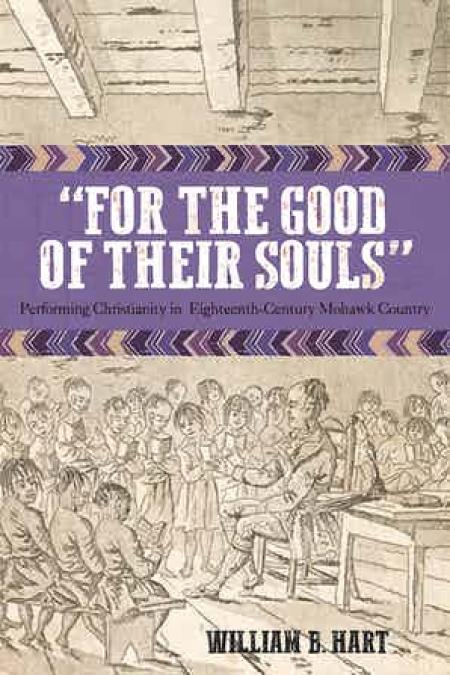
American Antiquarian Society
185 Salisbury Street
Worcester, MA 01609
United States
In this program, William Hart will discuss with David Silverman the significance and meaning of eighteenth-century Mohawks who performed Christianity and why. Hart’s findings, published in his 2020 book, “For the Good of Their Souls”: Performing Christianity in Eighteenth-Century Mohawk Country, indicate that the old soubriquet of “faithful Mohawks” is no longer useful. Rather, Hart suggests that the choices most baptized Mohawks made over assimilating Christian practices—submission to baptism, praying, singing hymns, taking communion, and acquiring literacy—constituted “performances of” rather than “conversions to” the faith, performances directed at themselves; to their unbaptized brethren; and to European missionaries, commissioners, and settlers to signify not only reciprocity and alliance with the English and other Europeans, but also to reveal new ways of being Mohawk. In short, at the core of performing Christianity lay the survivance of Mohawk life and culture in a changing world.

William B. Hart, professor emeritus of history at Middlebury College, has lectured and published widely on the intersection of race, religion, and identity during the Colonial and Early Republic eras. He is most interested in examining Black Americans and Native Americans, who navigated life between worlds, as exemplified in his recent book, “For the Good of Their Souls”: Performing Christianity in Eighteenth-Century Mohawk Country (University of Massachusetts Press, 2020). Hart is currently writing a biography of Alexander L. Twilight, the first person of color to receive a college degree from an American college—Middlebury College in 1823.